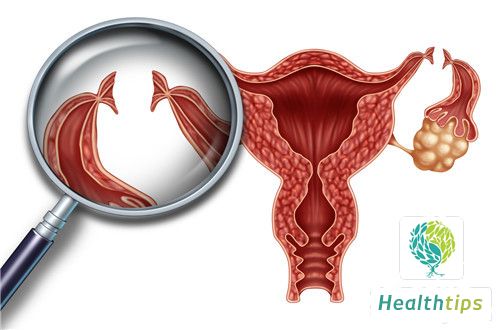What is the fastest way to reduce swelling in feet during pregnancy?
After women have gone through the challenging early stages of pregnancy and entered the mid and late stages, as the fetus gradually matures, the burden carried by the pregnant woman will also gradually increase. During this time, many pregnant women may experience swollen feet, which is caused by poor blood circulation. If the swelling is not severe, regular hot compresses or moderate exercise can help eliminate the edema. About 40% of women in the late stages of pregnancy experience edema in their lower legs. When pressing firmly on the inner side of the ankle or the front of the tibia of the lower leg, a local depression will appear. If the swelling is limited to below the knee and resolves after a night's sleep without accompanying hypertension or proteinuria, it is still considered normal.

1. Impaired blood return in the lower limbs: In the later stages of pregnancy, the enlarged uterus presses on the inferior vena cava, impeding the blood return in the lower body, increasing venous pressure, and causing edema in the lower limbs.
2. Hormonal changes: Increased secretion of estrogen and aldosterone during pregnancy leads to water and sodium retention in the body, causing edema.
3. Blood dilution: During pregnancy, the blood volume increases, but the plasma protein does not, resulting in relative dilution of the blood. This decreases the osmotic pressure of the plasma colloid, causing water to shift into tissue spaces and cause edema.
4. Pathological edema in the lower limbs mainly requires vigilance for preeclampsia. Differential diagnosis of edema in the lower legs of pregnant women: Abnormal leg and foot swelling during pregnancy is rooted in gestational hypertension syndrome, which can cause abnormalities in kidney and heart function.
The edema is extensive, extending from the ankles and lower legs to above the knees, and even affecting the external genitalia, abdomen, upper limbs, and face. It generally does not resolve after 6 to 8 hours of bed rest and is accompanied by hypertension or hematuria. If leg and foot swelling persist after 8 hours of rest or if weight gain exceeds 500 grams per week in the late stages of pregnancy, there may be a risk of developing preeclampsia, and a comprehensive examination at the hospital is recommended. If the edema persists and is accompanied by rapid weight gain, hypertension, proteinuria, and other symptoms, it may indicate gestational toxicity. Edema limited to below the knee that resolves after a night's sleep without hypertension or proteinuria is still considered normal. It is more prominent in women who frequently stand for work, especially in the afternoon.



















